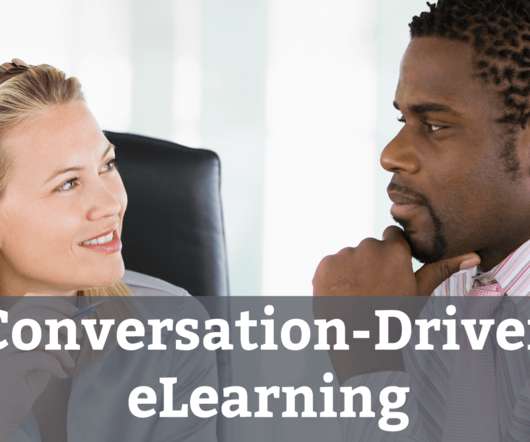4 Learning Theories Every Online Educator Should Know
LearnDash
FEBRUARY 2, 2021
They usually view themselves as subject matter experts —they know their area very well, and are starting an online course to share their expertise with others who are interested in learning it. Subject matter experts who want to know more about how to teach a better class should learn more about how to design a good course.





















































Let's personalize your content